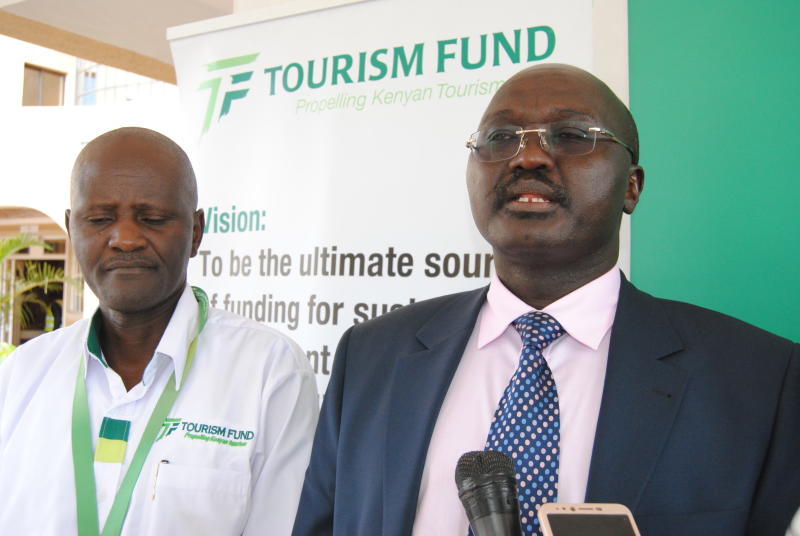×
The Standard e-Paper
Smart Minds Choose Us

A government agency has embarked on renewed registration of tourist establishments in a plan to raise Sh3.5 billion from levies by the end of this financial year.
The Tourism Fund (TF) has so far netted over 1,000 new hotel camps, restaurants and bars across Kenya that will be paying two per cent tax as it seeks to shore up revenue.